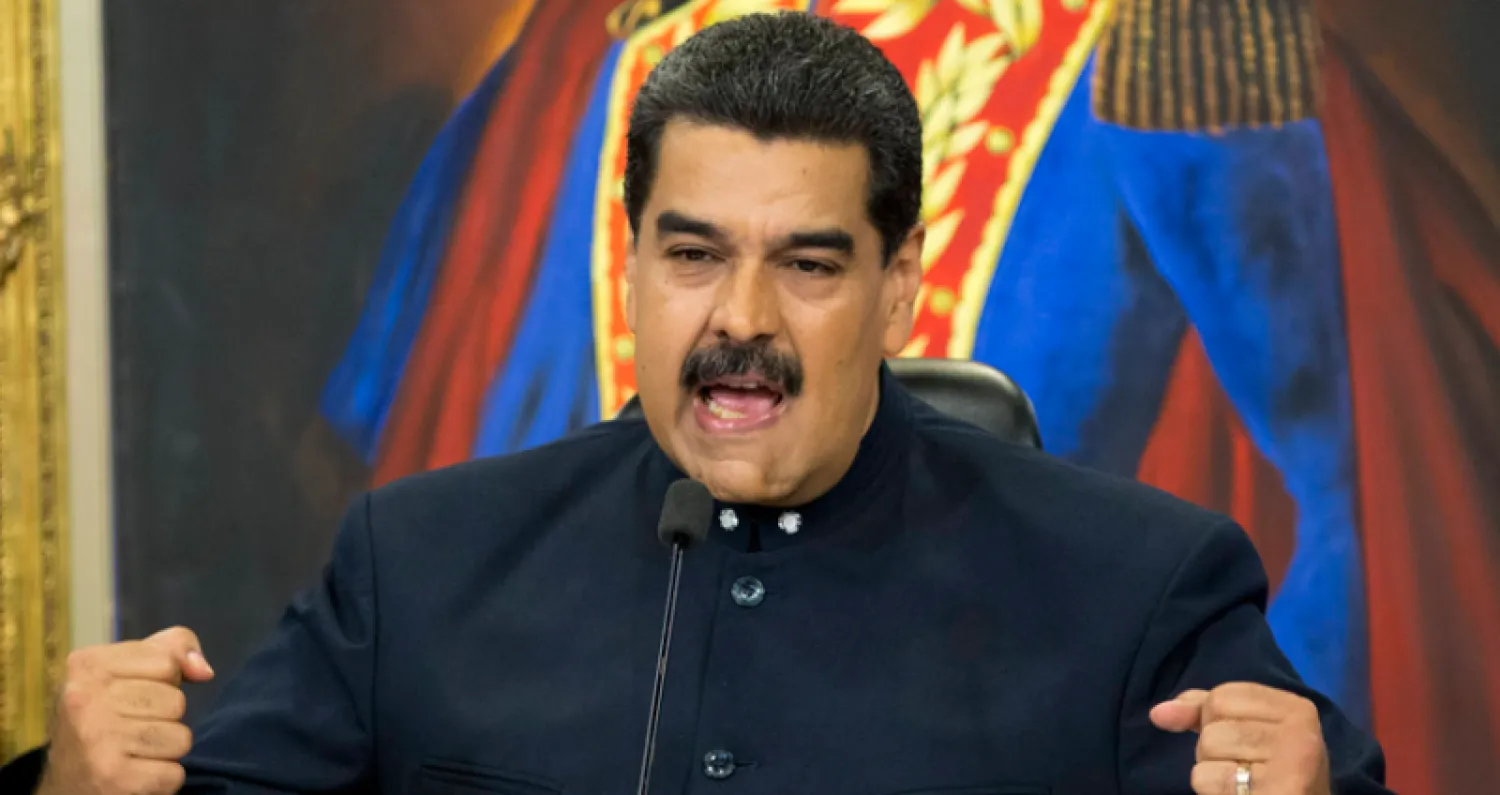In an attempt to ramp up pressure against President Nicolas Maduro, the European Union approved on Monday economic sanctions and an arms embargo against the South American country.
EU foreign ministers meeting in Brussels did not target any individuals in their sanctions, leaving names for a later stage in an attempt to persuade Maduro to calm the situation.
In a joint statement, all 28 EU ministers said the legal basis for individual travel bans to the European Union and the freezing of any assets in the bloc “will be used in a gradual and flexible manner and can be expanded”.
The weapons ban would stop sales of military equipment that could be used for repression or surveillance of Venezuelans.
The EU said in a statement that the measures can be reversed depending how Maduro reacts to the demands for more democracy in the South American nation.
The ministers blamed regional elections last month for deepening the South American country’s crisis.
In the statement, ministers said Venezuela’s October 15 regional elections were a turning point that had hardened the bloc’s position and saying they took place amid “reported numerous irregularities”.
“Everything we do it aimed at seeking dialogue between the government and the opposition to find a democratic and peaceful solution,” Spain’s Foreign Minister Alfonso Dastis told reporters at a meeting with his counterparts where the sanctions decision was taken.
Spain has long pushed for sanctions on those close to Maduro, whom Washington accuses of installing a dictatorship, but the EU has been divided over whom to target.
The result of last month’s elections appeared to favor Maduro’s ruling Socialists, while polls had suggested the opposition would easily win a majority. In the end it won only a handful of governorships, according to the pro-government electoral board.
EU ministers will decide whom to target with sanctions at a later stage, but said they would focus on security forces and government ministers and institutions accused of human rights violations and “the non-respect of democratic principles or the rule of law”.
The United States last Thursday put financial sanctions on another 10 current and former Venezuelan officials over corruption and abuse of power allegations related to Maduro's crackdown on the opposition.
The Trump administration has sanctioned a growing list of Venezuelan officials, including the government's top two debt negotiators, Economy Minister Simon Zerpa and Vice President Tareck El Aissami, who is accused of being a major drug trafficker.
Washington has also barred US companies from lending new money to Venezuela because of human rights abuses committed during months of anti-government protests and Maduro's efforts to squash the opposition.









